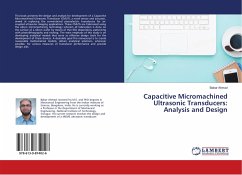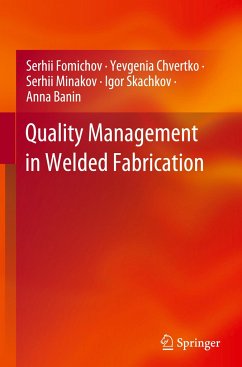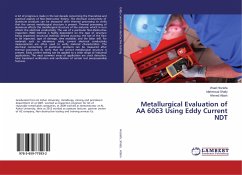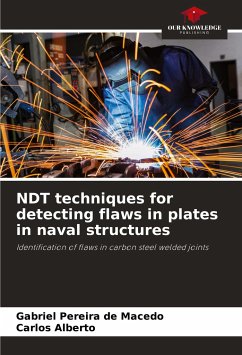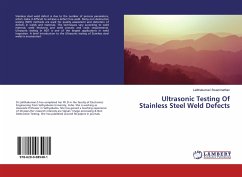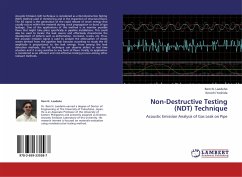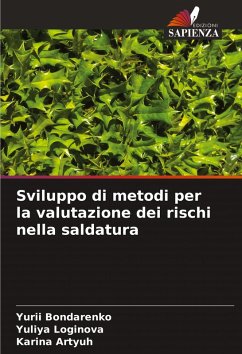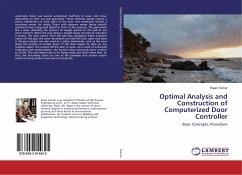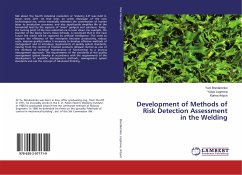
Development of Methods of Risk Detection Assessment in the Welding
Versandkostenfrei!
Versandfertig in 6-10 Tagen
33,99 €
inkl. MwSt.

PAYBACK Punkte
17 °P sammeln!
Talk about the fourth industrial revolution or "industry 4.0" was held in Davos since 2011. At that time, an active discussion of the new technological era, which essentially minimizes the contribution of human labor to production processes, and also significantly simplifies life at the household level by the expense of "smart" gadgets and solutions. Today, the turning point of the new industrial era is never closer. For example, the founder of the Davos forum, Klaus Schwab, is convinced that in the near future the world will be captured by artificial intelligence. The need to improve the effi...
Talk about the fourth industrial revolution or "industry 4.0" was held in Davos since 2011. At that time, an active discussion of the new technological era, which essentially minimizes the contribution of human labor to production processes, and also significantly simplifies life at the household level by the expense of "smart" gadgets and solutions. Today, the turning point of the new industrial era is never closer. For example, the founder of the Davos forum, Klaus Schwab, is convinced that in the near future the world will be captured by artificial intelligence. The need to improve the efficiency of the enterprise (increase productivity, reduce costs, improve quality) makes it necessary to develop effective methods of management and to introduce requirements of quality system standards, moving from the control of finished products (phased control as one of the methods of technical maintenance of functioning) to a process management approach. The requirements of the standards of the quality management system develop in accordance with the requirements of the development of scientific management methods, management system standards and use the concept of risk-based thinking.



